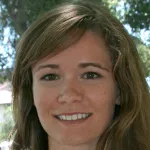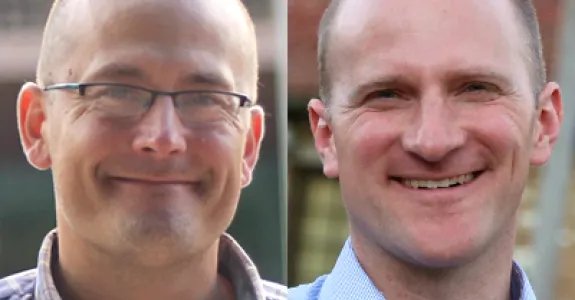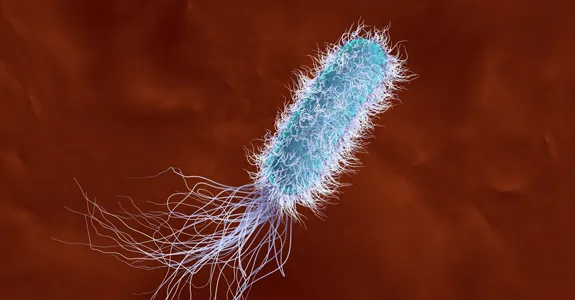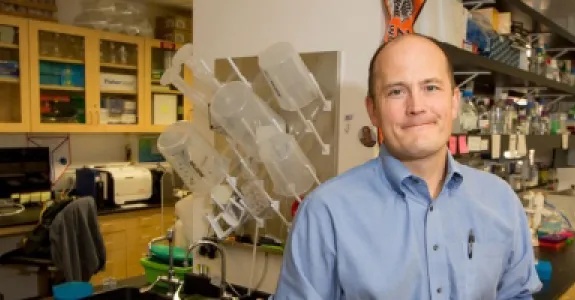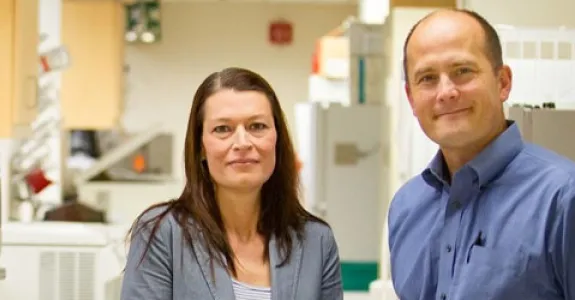
Bio-X Affiliated Faculty
Dr. Paul Bollyky's lab studies how the local tissue microenvironment contributes to immunity and immune regulation. The Bollyky lab works at the intersection of immunology and structural biology.
Major areas of investigation in Dr. Bollyky's lab include:
- Immune Regulation in Diabetes
- The lab is studying the regulatory mechanisms that turn on and off immune responses within inflamed tissues. In particular, they focus on interactions between hyaluronan (HA) , a prominent component of inflamed extracellular matrix, and regulatory T-cells in type 1 diabetes (T1D). Their data suggest that the size and amount of HA polymers within injured and healing tissues provide contextual cues that help govern local immune responses. In addition to elucidating the underlying mechanisms, they are working on novel therapeutic strategies that will prevent T1D by targeting the extracellular matrix in autoimmune insulitis.
- The lab is studying the regulatory mechanisms that turn on and off immune responses within inflamed tissues. In particular, they focus on interactions between hyaluronan (HA) , a prominent component of inflamed extracellular matrix, and regulatory T-cells in type 1 diabetes (T1D). Their data suggest that the size and amount of HA polymers within injured and healing tissues provide contextual cues that help govern local immune responses. In addition to elucidating the underlying mechanisms, they are working on novel therapeutic strategies that will prevent T1D by targeting the extracellular matrix in autoimmune insulitis.
- The Immunology of Diabetic Wounds and Wound Infections
- Chronic wounds, like tissues under autoimmune attack, are associated with an inflamed extracellular matrix that contributes to immune dysregulation and chronic wounds. Current investigations are focused on studying how hyaluronan and other ECM components influence wound healing, the bioactivity of local cytokines and chemokines, and leukocyte metabolism.
- Chronic wounds, like tissues under autoimmune attack, are associated with an inflamed extracellular matrix that contributes to immune dysregulation and chronic wounds. Current investigations are focused on studying how hyaluronan and other ECM components influence wound healing, the bioactivity of local cytokines and chemokines, and leukocyte metabolism.
- Bacteriophage / Immune Interactions in Wound Infections
- The lab has identified novel roles for bacteriophage in the pathogenesis of infections caused by the bacterial pathogen Pseudomonas aeruginosa. Pf phage produced by P. aeruginosa promote bacterial phenotypes associated with chronic infections. Moreover, these phage act as structural elements in microbial biofilms. Current efforts are focused on understanding how bacteriophage influence mammalian immunity and clinical outcomes associated with wound and lung infections.


